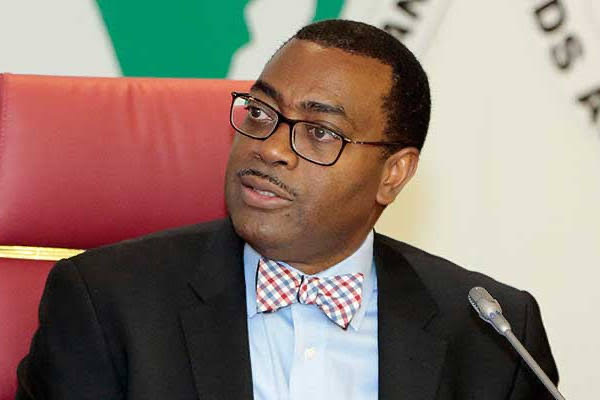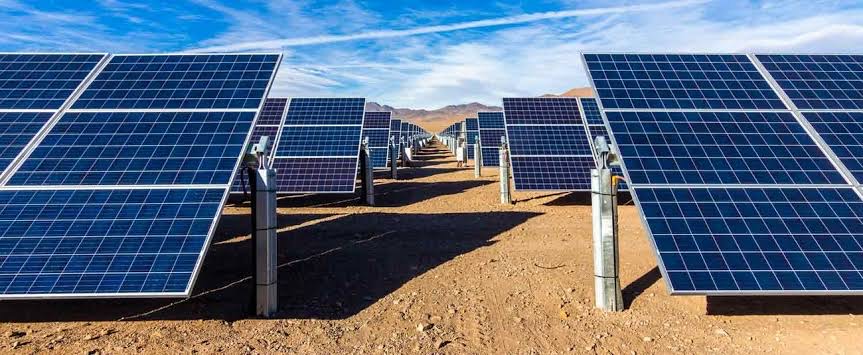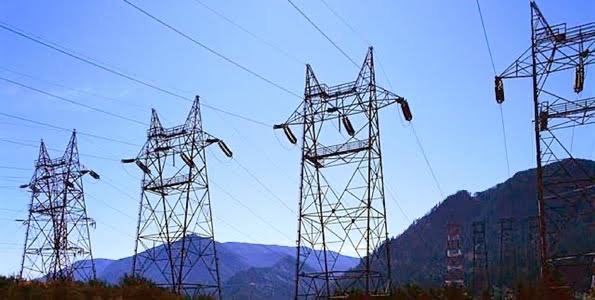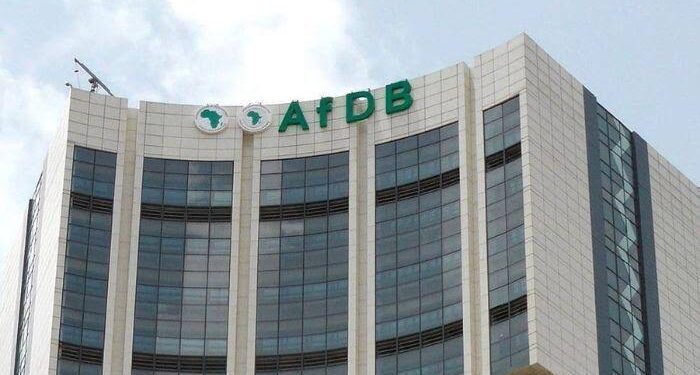The African Development Bank Group (AfDB) has approved a $500 million loan to Nigeria to transform the country’s electricity infrastructure and increase access to clean energy sources.
In a statement released by the bank on Thursday, the African financial institution said the loan will fund the first phase of the Economic Governance and Energy Transition Support Program (EGET-SP).
The statement reads; “The Board of Directors of the African Development Bank Group has approved a loan of $500 million to the Federal Republic of Nigeria, to finance the first phase of the Economic Governance and Energy Transition Support Program (EGET-SP), a new program aimed at accelerating transformation of the country’s electricity infrastructure and improving access to cleaner sources of energy.”
The bank further said the loan will help bridge the funding gap in the federal budget towards the end of the 2024/25 financial year. It will particularly support the implementation of Nigeria’s new Electricity Act and Nigeria’s Energy Transition Plan.

These efforts are aimed at decentralizing the electricity supply industry and attracting investment from local governments and the private sector.
Nigeria published its energy transition plan in August 2022 and passed a new Electricity Law in June 2023. The plan aims to develop 250 gigawatts (GW) of installed power capacity by 2050, 90 percent of which will come from renewables.
By 2030, clean cooking options using liquid petroleum gas (LPG), biogas, biofuels such as ethanol, and electric stoves should be available to the majority of the population.
EGET-SP will support these measures by modernizing Nigeria’s electricity infrastructure and accelerating the transition to cleaner renewable energy sources for millions of homes and businesses, the AfDB said.
The bank group’s $500 million support for Nigeria is part of a series of efforts aimed at helping the country’s economic growth, poverty reduction, and tackling climate change.

EGET-SP is aligned with AfDB’s new 10-year strategy (2024-2033), its High 5s priorities, and the “New Deal on Energy for Africa” which aims to achieve universal access to modern energy by 2030.
The Federal Government’s plan to phase out prepayment by the end of 2024 faces significant challenges, as the recent increase in the number of prepayment customers of Nigerian Electricity Distribution Companies (DisCos) shows.
The recently released Nigeria Electricity Report for Q1 2024 by the National Bureau of Statistics (NBS) showed a 10% increase in customers with estimated bills compared to the previous quarter, widening the gap in the measure.
The number of estimated billed customers increased by 10% from 5.83 million in Q4 2023 (Q4) to 6.43 million in Q1 2024 (Q1).
The year-on-year increase in the number of estimated billed customers was also significant, increasing by 8% from 5.96 million in Q1 2023 to Q1 2024.

This increase is due to the fact that the government continues to tie up non-Band A customers. However, Band A customers with estimated bills are still required to pay based on the estimate.
The situation highlights a persistent problem in Nigeria’s power sector – the inability to provide enough meters to all customers to fill the meter gap, resulting in a reliance on estimated billing despite various efforts.
The newly approved AfDB loan comes after the World Bank announced a monitoring mission to Nigeria over shortfalls in payments on a $500 million loan to improve the country’s electricity distribution sector.
The World Bank also restructured a US$350 million loan to Nigeria to ensure the completion of seven major power plants in educational institutions to strengthen Nigeria’s energy infrastructure.
According to the restructuring document for the Nigeria Electrification Project (NEP), the restructuring includes an extension of the project’s completion date. The new date is December 31, 2024.































